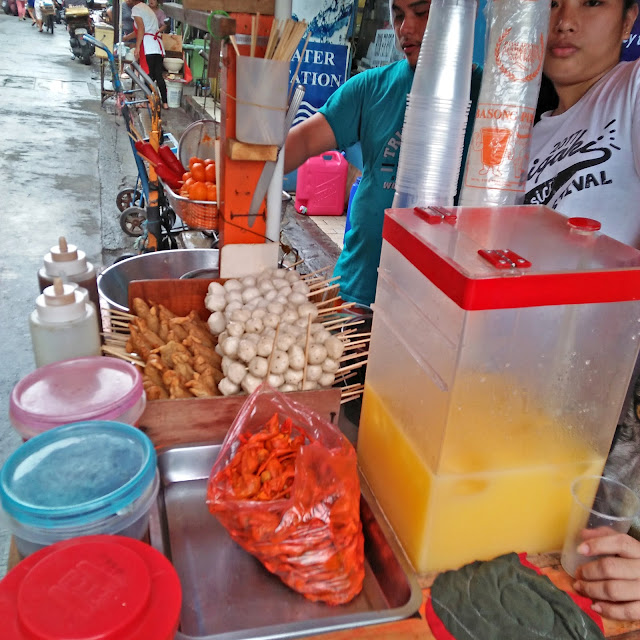Groups Push LGUs to Conduct Food Safety Info Drive to Avert Poisoning Incidents as Kids Go Back to School
Two non-government organizations urged local authorities to conduct a food safety information drive with the resumption of in-person classes after two years of distance learning due to the COVID-19 pandemic.
In a joint statement, the Consumer Rights for Safe Food (CRSF) and the EcoWaste Coalition rallied all local government units (LGUs) to reach out to food vendors to reiterate basic food safety principles and practices following the “chicken mami” poisoning incident in Tondo, Manila last July 20.
Food safety, as defined in Republic Act 10611 (Food Safety Act of 2013), pertains “to the assurance that food will not cause harm to the consumer when it is prepared or eaten according to its intended use.”
“To avoid a repeat of the recent Tondo food poisoning incident, LGUs led by the city or municipal health departments should reach out to informal food vendors and provide them with essential knowledge on how to prevent food from getting contaminated, which can result in mild to serious foodborne illness,” said Rene Pineda, President, CRSF.
“Sharing information on food safety regulations and practical steps to ensure safe food handling and preparation can save lives, especially among the children and youth who have just returned to face-to-face classes,” he pointed out.
“The informal food vendors are here to stay and should be assisted by the government as they play an important role in sustaining their own families and in providing food and nutrition security to low-income households,” said Aileen Lucero, National Coordinator, EcoWaste Coalition.
“We hope last month’s poisoning incident will encourage our LGUs into implementing barangay-level food safety programs to educate, support and empower our informal food entrepreneurs,” she added.
The groups emphasized the need to ensure access to food safety information among individuals and families in the informal food economy following the “chicken mami” poisoning episode at Gapan Street, Barangay 172, Zone 15 in Gagalangin, Tondo.
As reported by the Manila Health Department (MHD), 16 people aged 2 to 73 developed symptoms of dizziness, headache, vomiting, cyanosis (bluish discoloration of the skin) and altered sensorium after eating “chicken mami” bought from a makeshift food stall.
The victims were rushed to the Tondo Medical Center for poisoning management and treatment. One victim, Josefina Manila, 45, died.
As of this writing, the MHD has yet to publicly release the results of laboratory analysis conducted, including cyanide test, to determine the cause of the “chicken mami” poisoning.
Reference:






Comments